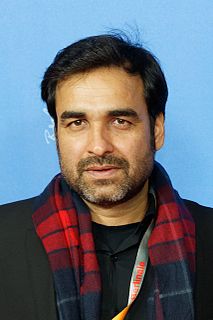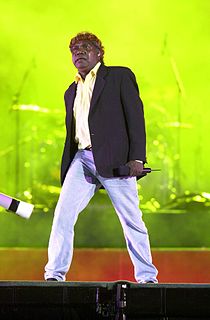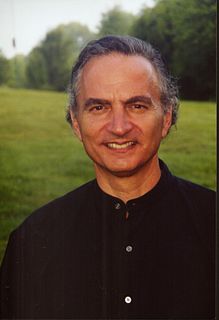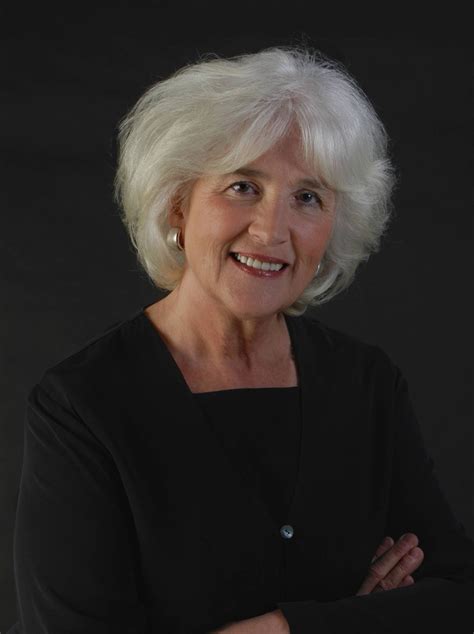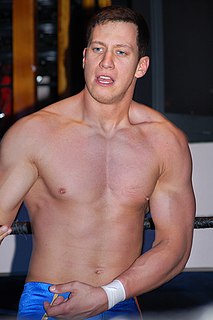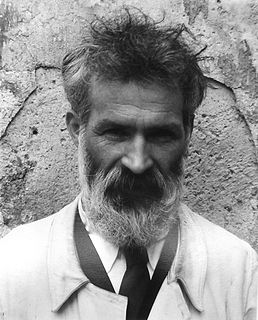A Quote by Eva Hesse
I have a confidence in my understanding of formal aesthetics and I don't want to be aware of it or make that my problem.
Quote Topics
Related Quotes
I describe it ( the new aesthetics) 'radically': I say aesthetics = human being. That is a radical formula. I set the idea of aesthetics directly in the context of human existence, and then I have the whole problem in the hand, them I have not a special problem, I have a "holography" (reacting on a former suggestion of the public as a slight joke, fh) I don't know exactly what a holography is.. (1973
It's about people coming to an understanding, a realisation that we must bridge the gap, build bridges and make people aware of what's happening. The award gives me the kind of pride and understanding that most people wouldn't think of. It is strengthening the Yolgnu people, but it's also giving strength to Balanda people who otherwise don't have that kind of understanding.
If we want to impact hundreds - or millions - of people, we have to do things differently. If we look at the problem as an infrastructural problem, we cannot make an impact because it requires a lot of effort. But when we convert this problem into a knowledge problem, suddenly the problem is manageable.
This is the first step toward understanding the process of real, lasting change: simply knowing with certainty that you can do whatever you need to do. This understanding has a dual edge: On the one hand it increases your confidence and dignity. On the other hand, it places full responsibility on you if you fail to make the change you set out to make. But this is a good thing, not a guilt trip.
If we parents accept that problems are an essential part of life's challenges, rather than reacting to every problem as if something has gone wrong with the universe that's supposed to be perfect, we can demonstrate serenity and confidence in problem solving for our kids.By telling them that we know they have a problem and we know they can solve it, we can pass on a realistic attitude as well as empower our children with self-confidence and a sense of their own worth.





